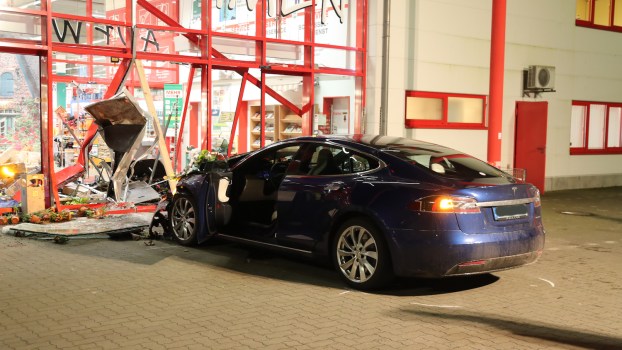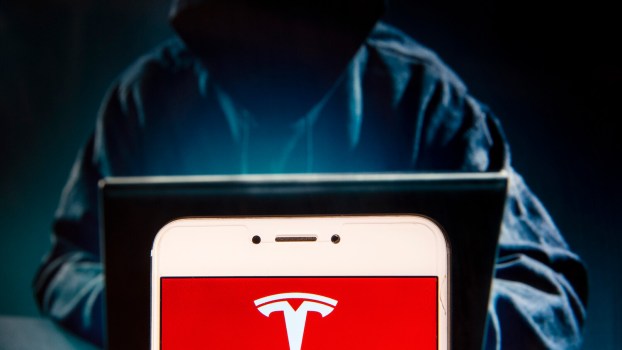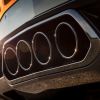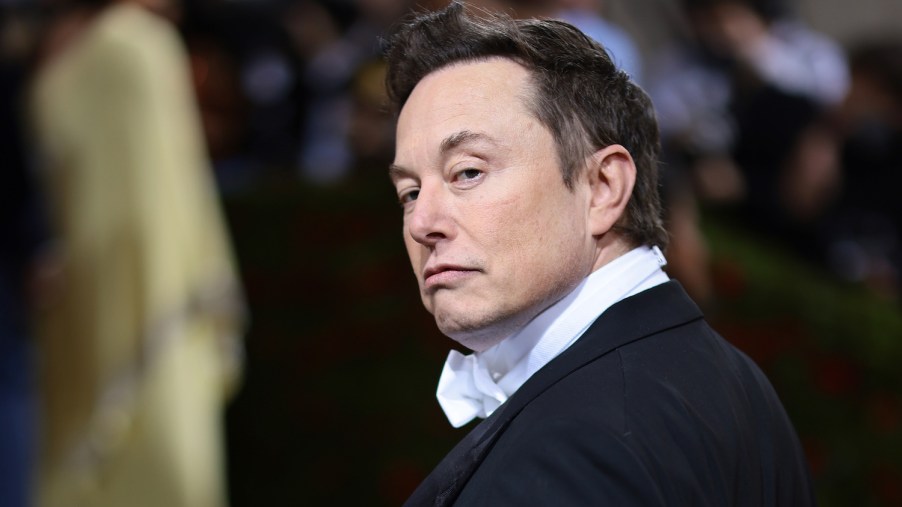
Musk vs. NYT: What the Grudge Might Mean for Tesla, Automotive Journalism, and Your Next Vehicle Purchase
The New York Times’ Twitter account is one of the top 20 most-followed in the world. Yet Elon Musk personally directed Twitter to strip it of its “Verified” status. His reasoning: the paper refused to pay his $1,000/month business verification fee. But not every company had to pay. Musk also called The Times’ content “propaganda” and its feed “the equivalent of diarrhea.” The founder of Tesla is playing favorites with the press; here’s what this means for automotive journalism, car reviews, and your next vehicle purchase.
What Musk’s NYT precedent means for automotive journalism and your next vehicle purchase
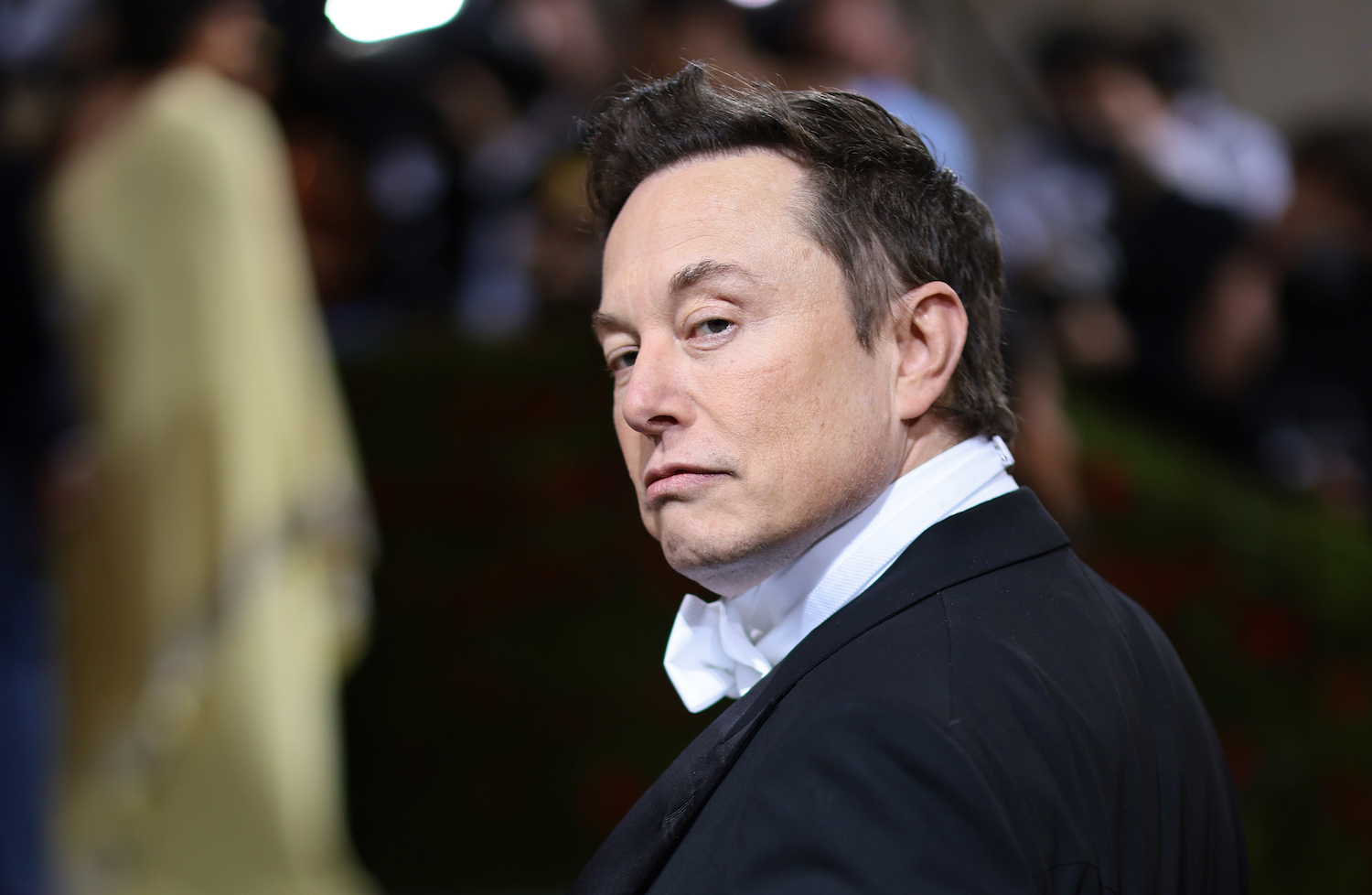
Elon Musk, founder of Tesla, is playing favorites with the press. He chose to keep The New York Times off his list of 10,000 “notable” Twitter business accounts which won’t have to pay for verification. In addition, he used the occasion of removing its verified status to criticize how it operates its account and suggest it change. But why should you care? How do these Twitter wars affect you?
What’s just as crucial as Musk’s removal of the NYT’s verification is the list of 10,000 “notable” other accounts which did not have to pay for a verification check mark. Musk showed he is not shy about telling press outlets how to operate their accounts. The “notable” accounts given preference are likely operating more to his liking.
If at least part of the press is eager to please Musk–in hopes of exposure on Twitter–this could lead to significant bias. As Musk is co-founder of Tesla, this bias could easily taint automotive journalism.
The New York Times covers the automotive industry and even reviews vehicles. With no verified status to worry about, you know their coverage of Tesla and reviews of future models are unbiased. But without knowing what outlets made it onto Twitter’s 10,000-business list, can you say the same about other publications?
Worse yet, if Musk’s favoritism in the press works out in his favor, it sets a disturbing precedent. If other automakers suspect that Tesla or its vehicles are receiving favored coverage, what keeps them from shopping for their own media platforms?
Read on for a play-by-play of the Elon Musk vs. Twitter grudge.
The end of verification for ‘notable’ Twitter accounts
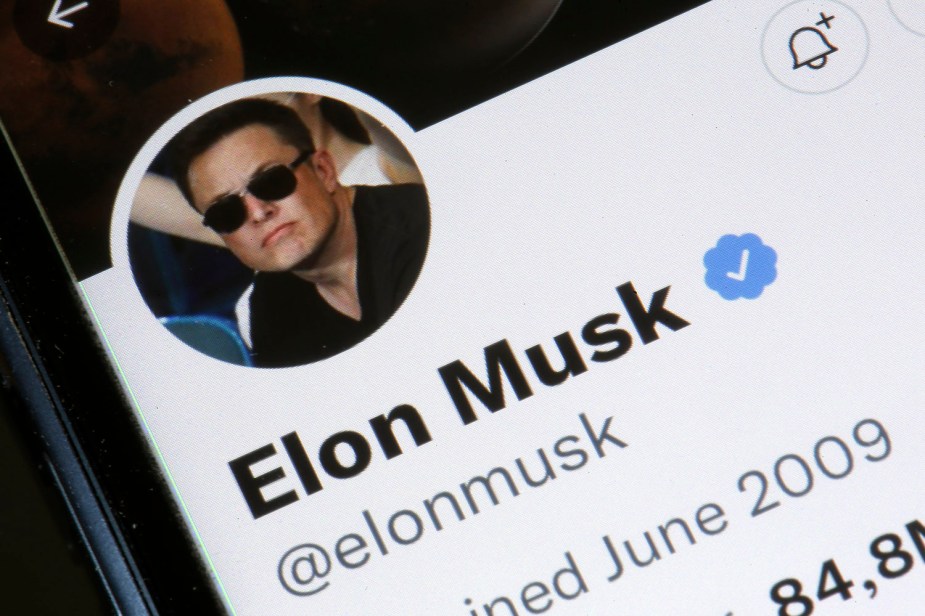
In October 2022, Elon Musk bought Twitter for $44 billion. He began charging a subscription fee to any users seeking verification. At first, he seemed to suggest that previously verified accounts would keep this legacy status indefinitely. But this spring, the platform announced that all users would have to pay monthly for a verified checkmark beginning on April 1st: $8/individual and $1,000/business.
Elon Musk also announced that Twitter would be changing what tweets its users see: Unverified accounts would not get their posts shown to non-followers–no matter how popular the post. What this means is that your tweet could no longer “go viral” if you weren’t paying Twitter. A social media first, this move transforms the website into a pay-to-play platform. Twitter is now more of an advertising platform than a social network.
The move publically ended Twitter’s system for verifying notable accounts. But the New York Times reported that Twitter employees were given a list of 10,000 “must-follow” organizations and instructed not to charge them for keeping their verified status checkmark. The platform’s top 500 advertisers enjoyed the same privilege.
The Times’ response was decisive: It would not pay for a verified account. It would also not reimburse any of its writers who chose to pay for a verified account.
Elon Musk vs. The New York Times
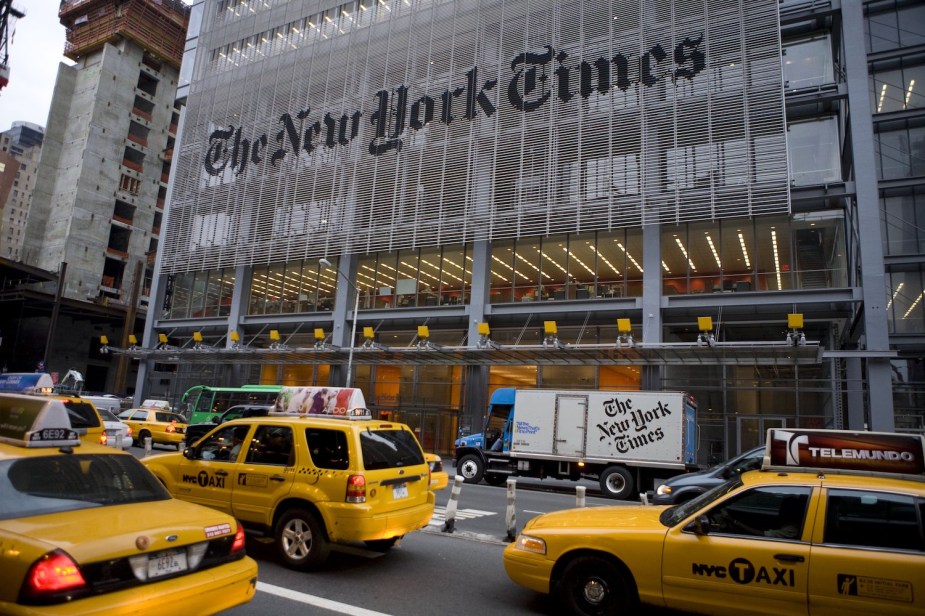
By April 2nd, it appeared that no “legacy” verified accounts had had their blue Twitter checkmark removed. A Twitter user posted a meme about the New York Times’ public refusal to pay a subscription fee. Elon Musk responded: “Oh ok, we’ll take it off then.” Even after the Twitter team removed the Times’ verification status, Musk took the chance to go on a tirade.
The Tesla co-founder referred to the Times’ content as “propaganda” that “isn’t even interesting.” Elon Musk added, “Their feed is the Twitter equivalent of diarrhea. It’s unreadable.”
Musk said of one of Twitter’s top 20 accounts: “They would have far more followers if they only posted their top articles.” He concluded by recommending other accounts take note.
Editor’s Notes:
- We reached out to The New York Times, it has no comment.
- Tesla has no media department to field inquiries.
- Programmatic advertisements keep Motorbiscuit.com running and fund editorial salaries. But the site does not write any sponsored content. Motorbiscuit has a Twitter account, but is unverified.
Next, learn why some Tesla Semi trucks are stranded by the roadside or watch The Hill’s coverage of Musk revoking the New York Times’s verification in the video below:
